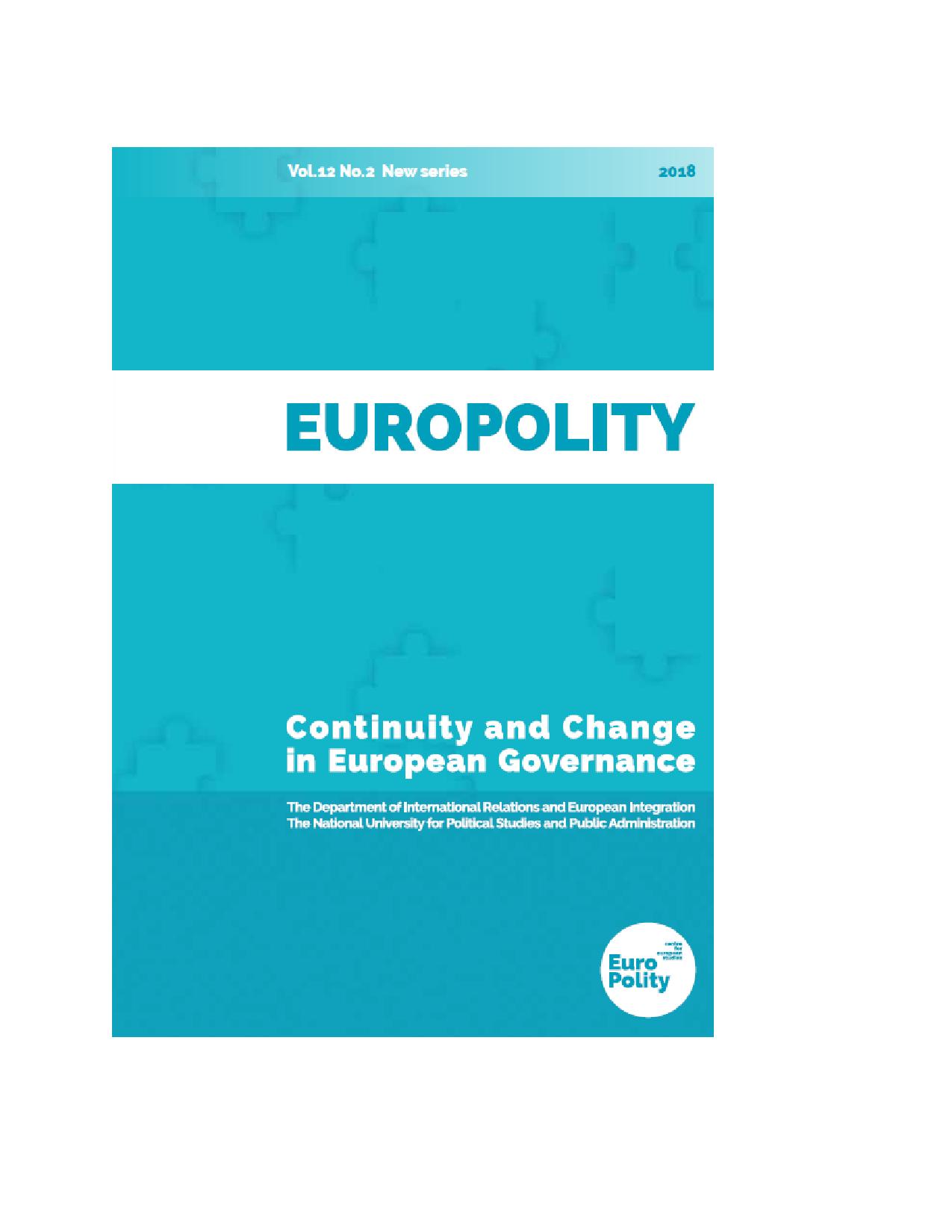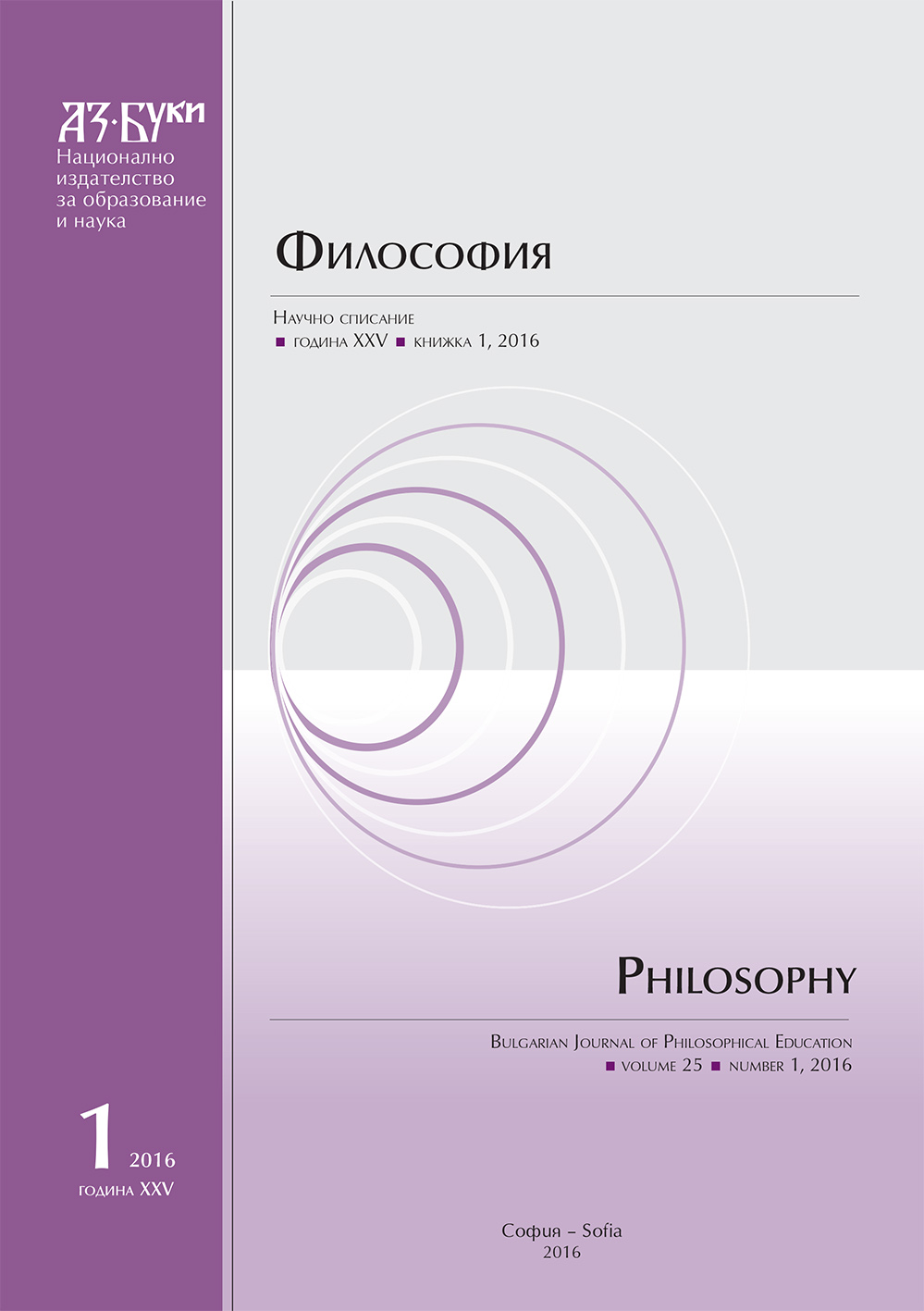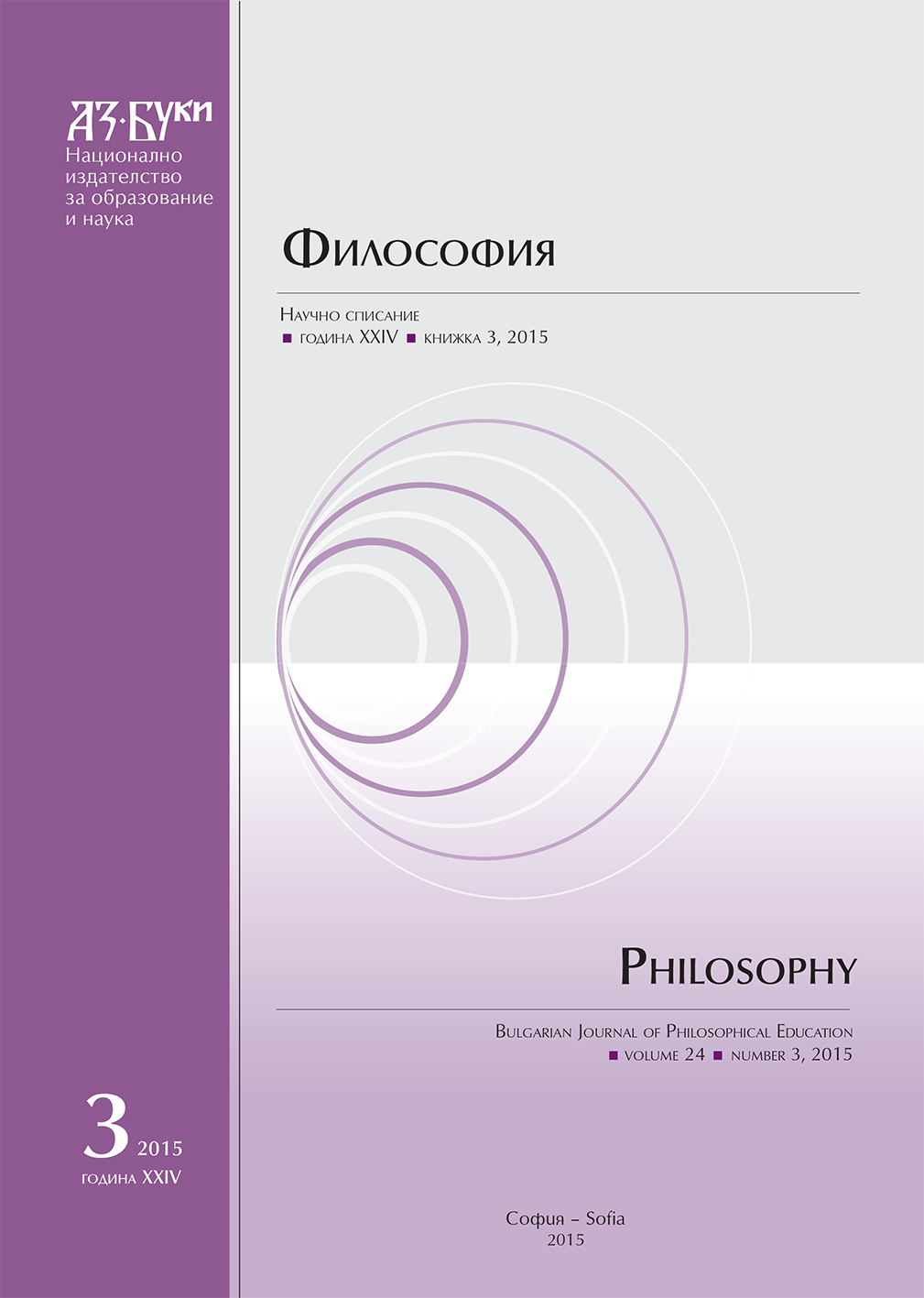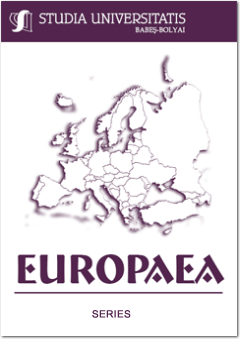
THE IMPACT OF THE ROMANIAN EU COUNCIL PRESIDENCY ON THE DEGREE OF INCLUSIVENESS OF NON-GOVERNMENTAL ACTORS IN THE NATIONAL SYSTEM FOR COORDINATION OF EUROPEAN AFFAIRS
The efficient and professional exercise of the first Romanian EU Council Presidency is possible upon a thorough preparation that adds pressure on the national system for coordination of European affairs to adapt its administrative and coordination capacity not only with regard to logistical aspects of the Presidency’s activities, but also to the elaboration of the political programme implemented during the six month mandate. Hence, concerted action involving both the central public administration and non-governmental actors is necessary to maximize all the expertise available on EU issues in order to build a strong European outlook for the Presidency role. The paper assesses the Council Presidency’s potential to affect the development of the coordination system in the long run related to its nature in terms of the degree of inclusiveness of non-governmental actors in the process of defining the national position on European affairs. In this sense, an analysis of the framework for cooperation between the government and the civil society representatives in general and in the context of the preparations for the Presidency was conducted through the theoretical lens of the critical junctures concept in order to establish whether the transformations triggered by this event might have reorganized the pre-existent institutional arrangements of the system. The analysis has revealed that although the involvement of civil society actors in European affairs has increased in the last 2 years, a close cooperation with the Government is unlikely to continue in the future past the Presidency, meaning that the latter fails to be a critical juncture in the development of the coordination system.
More...



